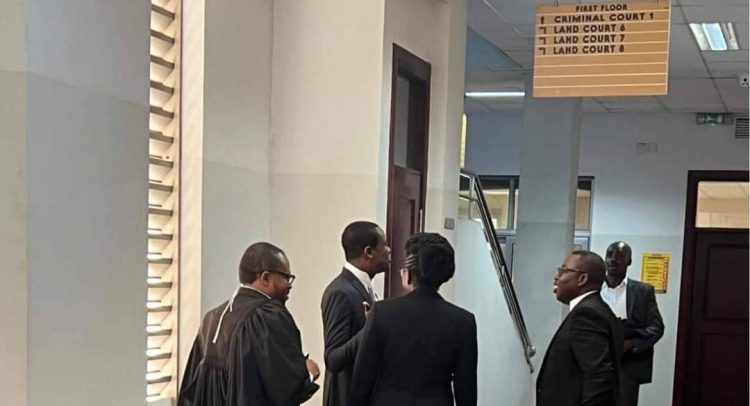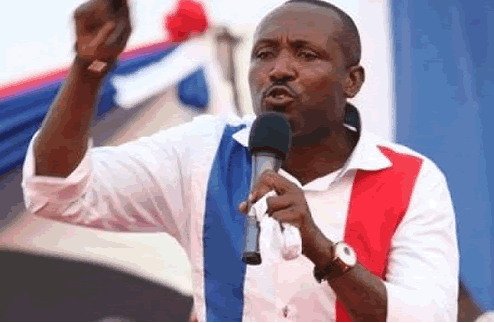
Alban Sumana Kingsford Bagbin, Speaker of Parliament of the Republic of Ghana, did not appear before the Supreme Court on Monday, November 11, 2024 despite prior adjournment allowing him two weeks to file a response in a legal challenge regarding the declaration of four parliamentary seats as vacant.
The absence of both Speaker Bagbin and his Counsel, Thaddeus Sory, who had been given until this date to submit necessary legal documents, raised strong reactions from the Attorney-General, Godfred Yeboah Dame.
The suit, filed by Effutu MP, Alexander Kwamina Afenyo-Markin, contests Speaker Bagbin’s declaration of the four seats as vacant.
On October 30, 2024 Mr. Sory had informed the court that he needed further instructions from his client before proceeding.
The Supreme Court, presided over by Chief Justice Gertrude Sackey Torkornoo, granted Bagbin’s legal team a two-week extension to file their submissions.
Yet, on the return date, neither Bagbin nor his Counsel appeared, and no documents were filed.
Attorney-General Godfred Yeboah Dame, who is also a co-defendant in the suit, argued that the absence and failure to file submissions showed “disrespect” toward the court.
The Attorney-General and leader of the Bar brought this up because such incidents should be deemed disrespect to the honourable court and must not be tolerated.
Mr. Dame had previously questioned the legality of Mr. Sory’s ongoing engagement as Bagbin’s Counsel.
The Bench speculated that Bagbin may have ceased instructing Sory or had not yet provided further directives on the matter.
The case centers on whether Parliament’s composition can be altered by a declaration of vacant seats.
Mr. Dame argued that Parliament, as a representative body of elected MPs, should not be subject to any alteration by an external power.
He referenced the 1992 Constitution, emphasising that Article 97(2) protects MPs from losing their seats even if political parties merge, and that Article 47(5)(5) maintains Parliament’s composition despite any new boundary delineations.
In a detailed interpretation, Mr. Dame argued that Article 97(g)(h), which addresses MPs who cross political lines, serves to prevent elected officials from shifting party affiliations mid-term, thus maintaining the integrity of voter mandates.
He elaborated that aside Ghana’s First Republic, provisions have prohibited MPs from crossing the floor or switching parties during their tenure.
This constitutional restraint was strengthened in the Second Republic (1969), Third Republic (1960) and Fourth Republic (1992).
Mr. Dame pointed to past cases of MPs who were removed under similar conditions, such as Andrew Asiama Amoako, who was ousted in both the Seventh and Eighth Parliaments under different Speakers.
According to the Attorney-General, while former Speaker Prof Mike Quaye’s decision to remove MPs was unconstitutional, Bagbin’s repetition of this precedent does not legitimise it.
Plaintiff’s Counsel, Joe Ghartey, argued that Article 97(g)(h) impacts MPs’ freedom of association and should be carefully applied.
With arguments completed, the seven-member Supreme Court panel, led by Chief Justice Torkornoo, is expected to deliver its judgment today, potentially shaping how constitutional interpretations of parliamentary representation will impact Ghana’s democratic structure going forward.
The post Bagbin Runs Away From Afenyo? …Fails To Make Appearance At Supreme Court Yesterday appeared first on The Ghanaian Chronicle.
Read Full Story












Facebook
Twitter
Pinterest
Instagram
Google+
YouTube
LinkedIn
RSS